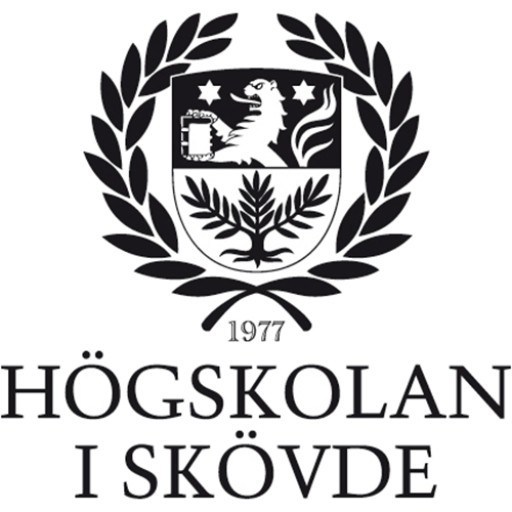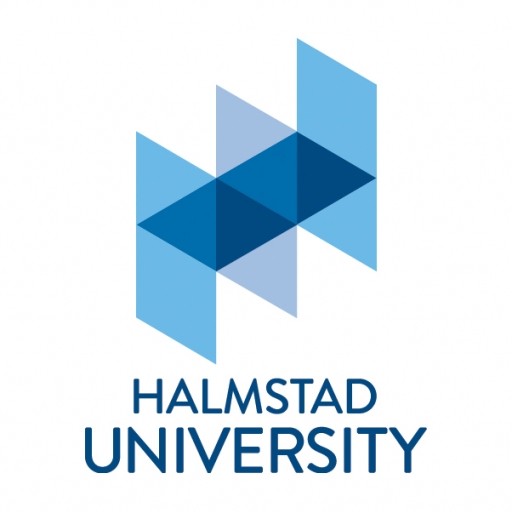Photos of university / #umeauniversitet
Advertisement
Our Master Programme in Computing Science allows you do deepen your expertise in computing science in specialization areas of your own choice. Most of our teachers are active researchers in the area they teach. Examples of possible specialization areas are artificial intelligence, data bases, theoretical computer science, distributed systems, parallel computing, and human-computer interaction.
For successful studies, it is necessary that you already have both theoretical and practical knowledge and skills regarding algorithmic problem solving, that you can program in different programming languages like C, Java and Python, and that you are able to add new programming languages to your repertoire without much explicit help. You will also need prior knowledge in theoretical computer science concerning automata and formal languages, computational complexity, and computability.
Instruction
During the first semester you take two compulsory courses, Efficient Algorithms and Problem Complexity, and Computer Organization and Architecture. Furthermore, you and the programme coordinator will agree on two additional courses completing these two, to create a solid basis for the rest of your studies.
Prior to the diploma work, which finishes your studies after two years, you take the course Student Conference in Computing Science, during which you learn how to write a scientific paper.
Career Opportunities
The programme offers advanced knowledge in Computer Science, to a great extent leaving it up to you to choose your areas of specialization. This gives you the knowledge required for specialized positions in industry, and it also provides an excellent basis for future doctoral studies.
There exist only two so-called base courses that all enrolled students are expected to take (with the exception of students whose transcript already contains equivalent courses), namely Efficient Algorithms and Problem Complexity, and Computer Organization and Architecture. Before the programme starts, you and the programme director will agree on two additional courses completing these two, to create a suitable basis for your the rest of your studies.
The courses of the programme consist to a varying degree of lectures, seminars, group exercises, and tutoring in connection with different kinds of assignments. Assignments are usually mandatory and constitute an important part of the program. In many cases, they include some sort of software development. The solution to assignments and its presentation may include both oral and written elements. The expected work load for following the programme and completing the studies in time is 40 hours per week, even though the time explicitly allocated for lectures, group exercises and computer labs is typically much less than 40 hours. Thus, it is up to you to decide upon what is the best way to make use of your time.
The language of all parts of the programme, including teaching material, is English. However, it is not guaranteed that courses outside the programme, which may be necessary to complete insufficient pre-requisites, will be offered in English. Students able to speak Swedish may, to a certain degree, even take courses taught in Swedish.
Want to improve your English level for admission?
Prepare for the program requirements with English Online by the British Council.
- ✔️ Flexible study schedule
- ✔️ Experienced teachers
- ✔️ Certificate upon completion
📘 Recommended for students with an IELTS level of 6.0 or below.





